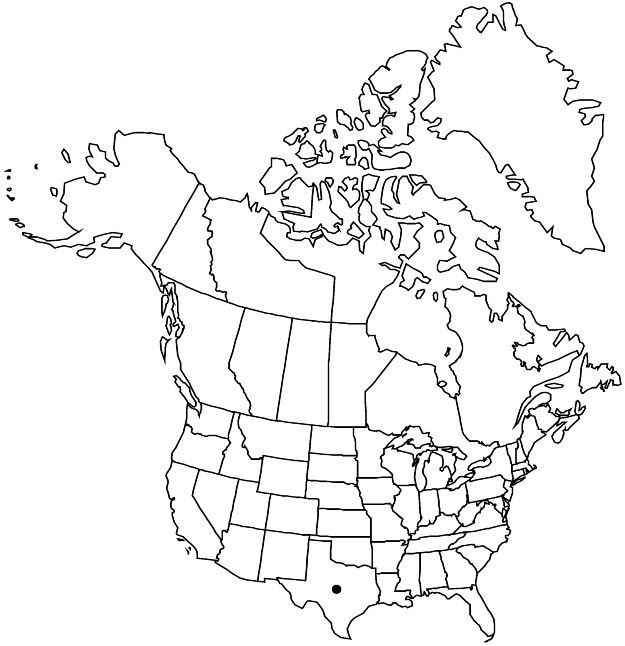Show Lower Taxa
Difference between revisions of "Turnera diffusa"
in J. J. Roemer et al., Syst. Veg. 6: 679. 1820.
Illustrated
Treatment appears in FNA Volume 6. Treatment on page 167.
FNA>Volume Importer |
imported>Volume Importer |
||
| Line 45: | Line 45: | ||
|publication year=1820 | |publication year=1820 | ||
|special status=Illustrated | |special status=Illustrated | ||
| − | |source xml=https:// | + | |source xml=https://bibilujan@bitbucket.org/aafc-mbb/fna-data-curation.git/src/bb6b7e3a7de7d3b7888a1ad48c7fd8f5c722d8d6/coarse_grained_fna_xml/V6/V6_305.xml |
|genus=Turnera | |genus=Turnera | ||
|species=Turnera diffusa | |species=Turnera diffusa | ||
Revision as of 23:39, 27 May 2020
Distribution

Tex., Mexico, West Indies, Central America, South America (ne Brazil).
Discussion
Varieties 2 (1 in the flora).
Turnera diffusa is used extensively as an anticough, diuretic, and aphrodisiac agent. It has antibacterial activity against the most common gastrointestinal diseases of Mexico (T. Hernández et al. 2003). Variety aphrodisiaca (Ward) Urban, with glabrous leaves, grows only in Mexico and West Indies.
Selected References
None.